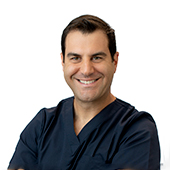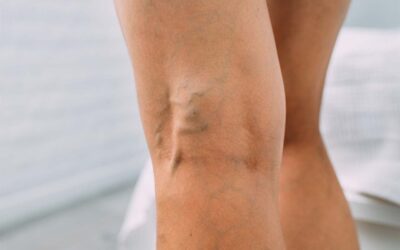Bringing new life into the world is a wondrous journey, yet for some expecting mothers, it comes with an unexpected companion: varicose veins. About 8 out of 10 women who have had two or more pregnancies will develop varicose veins, particularly in the groin area, but also in the upper thighs and lower legs.
Wondering why and how to navigate this? Let’s delve into the details.
The Why Behind Varicose Veins in Pregnancy:
The arrival of varicose veins during this special time is a combination of several factors:
- Blood Volume Surge: Your body goes into overdrive, circulating extra blood to nourish your growing baby.
- Uterine Expansion: As your womb accommodates your little one, it puts pressure on the veins, particularly those in your pelvis.
- Hormonal Shifts: Progesterone, a pregnancy hormone, loosens vein walls, making them more prone to swelling.
- Hereditary Influences: If you’ve had varicose veins before pregnancy or have a family history, you might be more predisposed.
What to Expect:
While nurturing your little bundle of joy, you might experience these unwelcome guests:
- Leg Heaviness: A persistent feeling of heaviness, discomfort, or achiness in the legs.
- Swelling & Restlessness: Often noticed in the feet, ankles, and calves, accompanied by restlessness or night-time leg cramps.
- Skin Changes: Sometimes accompanied by itching or pain over the affected veins.
- Serious Complications: In rare cases, deep vein thrombosis, both superficial and deep, can occur, leading to more severe health issues.
Tips to Ease Discomfort:
While the miracle of life unfolds, here are some steps to mitigate the discomfort of any varicose veins:
- Snooze on Your Side: Opt for the left side to alleviate pressure on your inferior vena cava, enhancing blood flow.
- Keep Active: Engage in light exercises or take short strolls to counteract prolonged sitting or standing.
- Healthy Living: Maintain a balanced diet and incorporate regular exercise into your routine.
- Compression Stockings: Consider wearing Graduated Compression Stockings after consulting with a vein health specialist.
- Self-monitoring: Keep a close watch for any changes or discomfort in your lower veins.
During this phase, avoid surgical treatments for varicose veins. However, modern medical and surgical vein treatments can be carried out safely between pregnancies, effectively addressing painful symptoms and cosmetic concerns.
Our clinic offers a suite of advanced treatments, to ensure both comfort and results. Such as:
- Ultrasound Guided Sclerotherapy – Collapses the diseased vein using a sclerosant detergent solution,
- Endovenous Laser Ablation – Heals larger saphenous veins without surgery, ensuring minimal recovery time,
- Ambulatory Phlebectomy – Removes varicose veins through small punctures under local anaesthesia.






